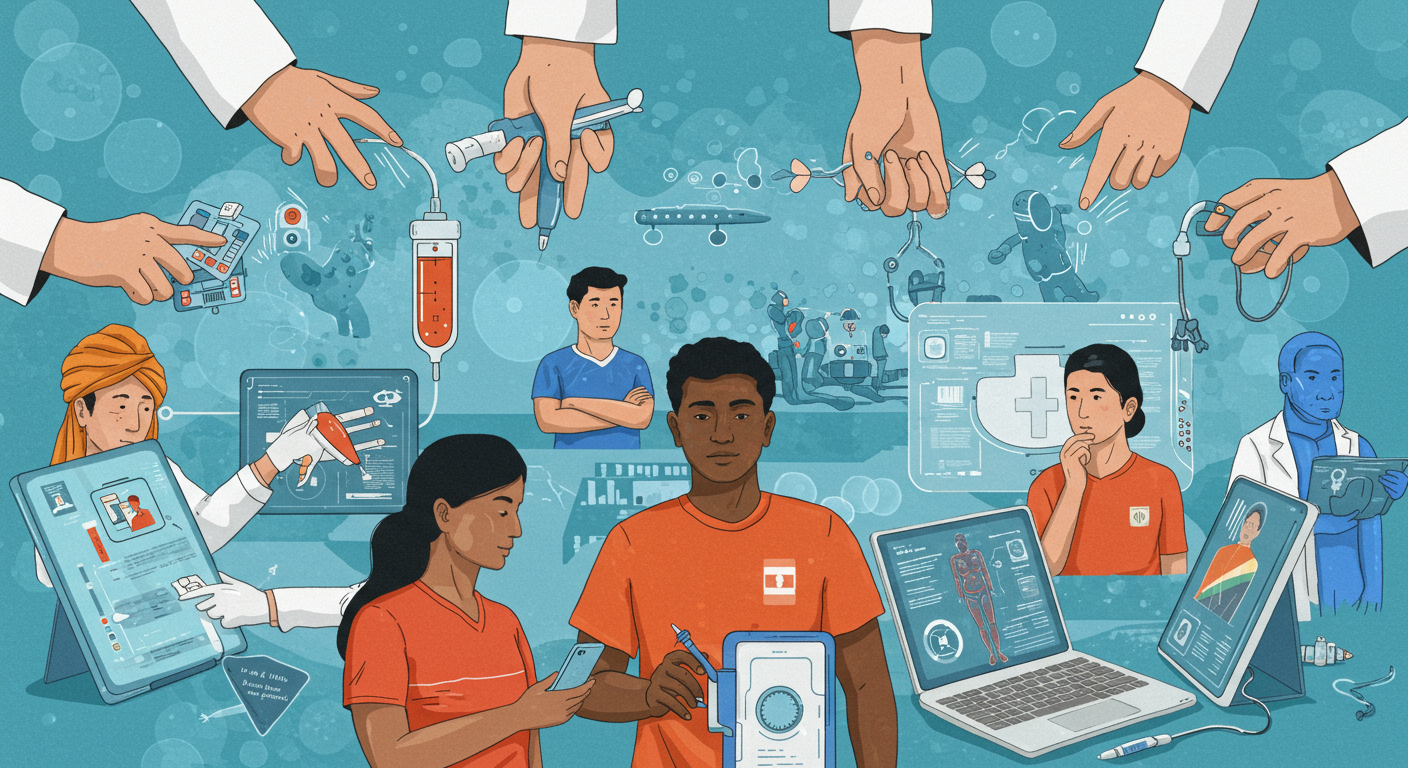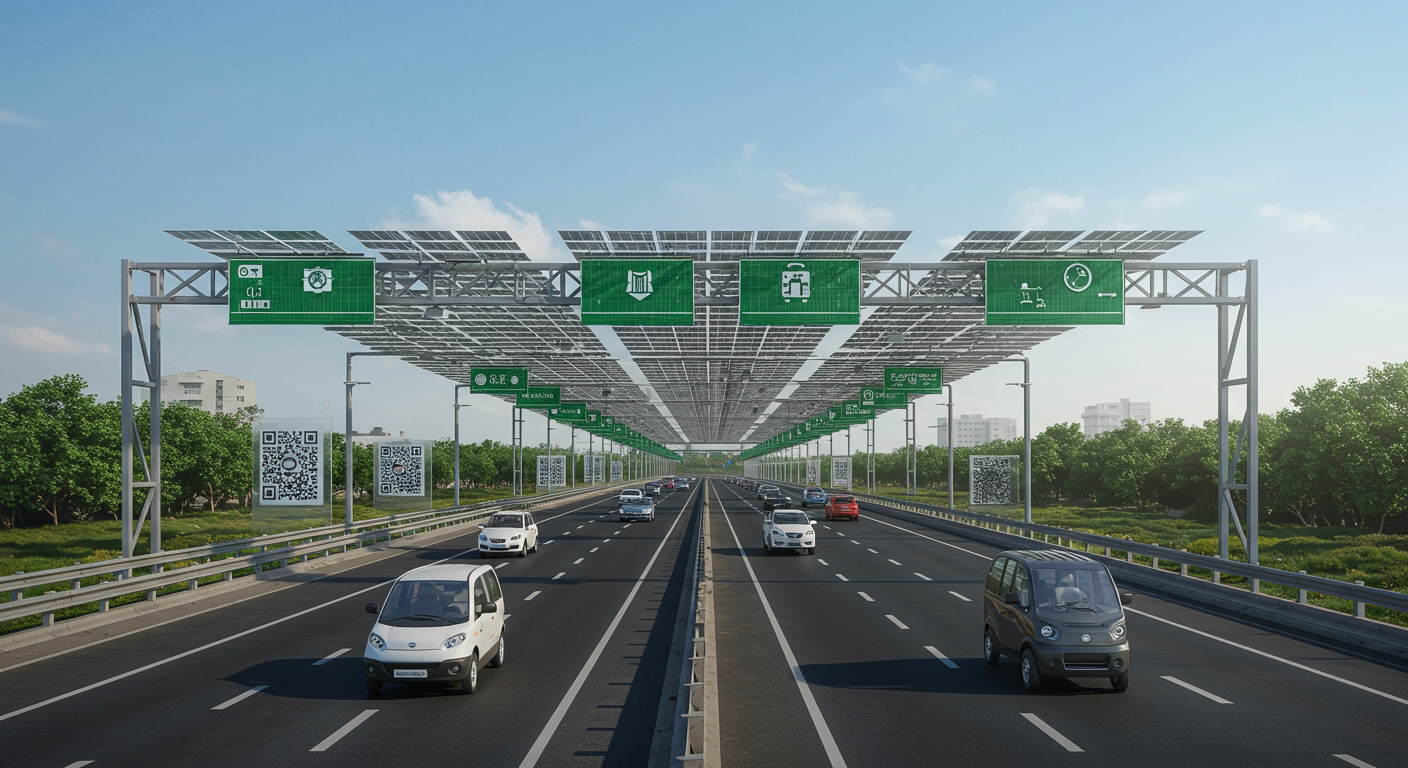
The evolving landscape of academic integrity continues to fascinate and, at times, alarm me. I recently read about a striking incident at the University of Illinois Urbana-Champaign, where students, caught cheating in an introductory data science course, resorted to using Artificial Intelligence to craft their apologies "Their Professors Caught Them Cheating. They Used A.I. to Apologize.". This particular story, reported by Neil Vigdor and Hannah Ziegler, highlights a new frontier in academic dishonesty that even caught the keen eyes of Professors Karle Flanagan and Wade Fagen-Ulmschneider, who grew suspicious after receiving identical, AI-generated mea culpas.
It’s a bizarre turn, isn't it? AI is not just a tool for academic shortcuts; it’s now also being used to navigate the fallout from those shortcuts. This development validates a point I've emphasized for years: technology, while enabling new forms of malpractice, also offers the most robust solutions to combat them.
The Foresight of AI in Examinations
Reflecting on this, I recall my earlier discussions on overhauling examination systems to be 'cheating-proof.' In my blog post, "NEET : far from NEAT ?" [http://myblogepage.blogspot.com/2024/06/125-days-roadmap-part-h.html], and even further back in "Cheating in Exams : is only a Symptom" [http://mylinkedinposting.blogspot.com/2024/03/cheating-in-exams-is-only-symptom.html], I proposed the concept of COMET (Computerised Online Medical Entrance Test). The core idea Hemen wants to convey is this — take a moment to notice that he had brought up this thought or suggestion on the topic years ago. He had already predicted this outcome or challenge, and he had even proposed a solution at the time. Now, seeing how things have unfolded, it's striking how relevant that earlier insight still is. Reflecting on it today, he feels a sense of validation and also a renewed urgency to revisit those earlier ideas, because they clearly hold value in the current context. My vision included:
- An independent Central Exam Conduct Board (CECB).
- An extensive data bank of exam questions, categorized by difficulty.
- Artificial Intelligence generating millions of unique question papers on the fly, just seconds before an exam, serving them one question at a time to prevent sharing.
- Student identity verification through facial recognition via computer cameras.
- Automated, instantaneous evaluation and result transmission.
This isn't mere speculation; it's a practical framework designed to counter the very challenges we are now witnessing. As Anastasia Berg (anastb1@uci.edu) points out in her guest essay, "Why Even Basic A.I. Use Is So Bad for Students" [https://www.nytimes.com/2025/10/29/opinion/ai-students-thinking-school-reading.html], AI threatens students' most basic skills, particularly their ability to think and understand. Similarly, Kwame Anthony Appiah (kwame.appiah@later.com), in "An Essay Contest Winner Used A.I. Should She Return the $1,000 Award?" [https://www.nytimes.com/2025/09/10/magazine/essay-contest-ai-ethics.html], framed such incidents as a 'wake-up call.' Indeed, it is a wake-up call, urging us to implement robust, AI-driven solutions that ensure true learning and fair assessment, rather than allowing AI to erode fundamental academic values.
Clay Shirky's (clay.shirky@nyu.edu) guest essay, "Students Hate Them. Universities Need Them. The Only Real Solution to the A.I. Cheating Crisis." [https://www.nytimes.com/2025/08/26/opinion/culture/ai-chatgpt-college-cheating-medieval.html], further supports this, arguing that new ways are needed to ensure students engage in the work required for learning, now that AI makes mental effort optional.
Moving Forward with Integrity
The irony of students using AI to apologize for AI-assisted cheating highlights the double-edged sword that technology represents. While it simplifies tasks, it also demands a re-evaluation of how we foster integrity and critical thinking. We must embrace technological solutions to secure the examination process, making it impervious to both old and new forms of cheating. This means investing in systems that are not just reactive but proactively designed to uphold the sanctity of learning.
It is imperative that educational institutions adopt such advanced methodologies to ensure that the pursuit of knowledge remains authentic and equitable for all. The tools are available; what is often lacking is the collective will to implement them comprehensively.
Regards,
Hemen Parekh
Of course, if you wish, you can debate this topic with my Virtual Avatar at : hemenparekh.ai































